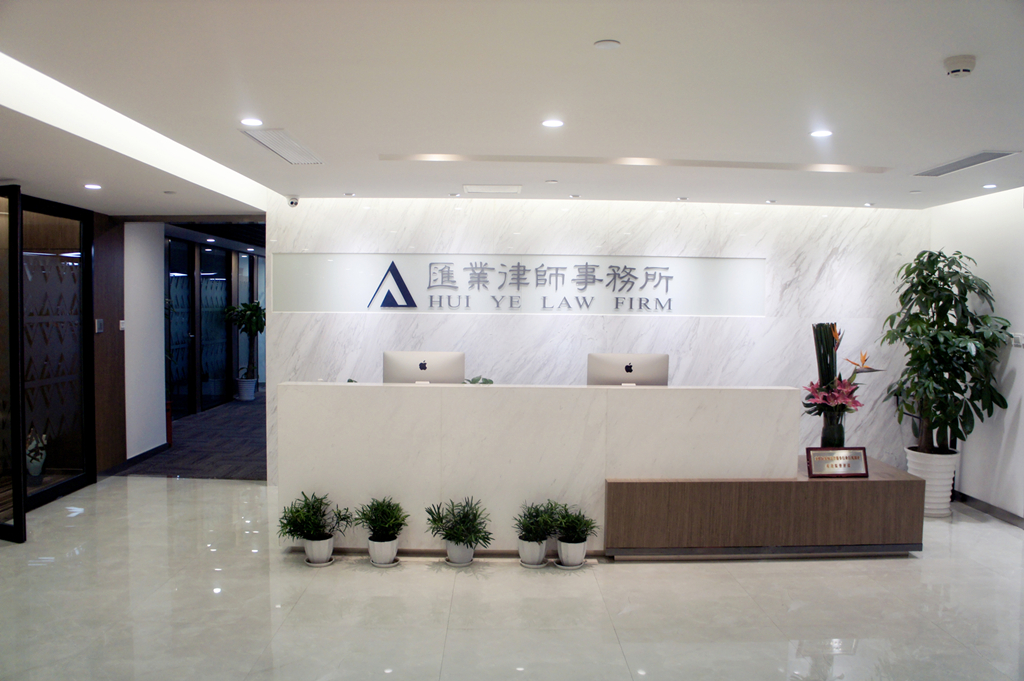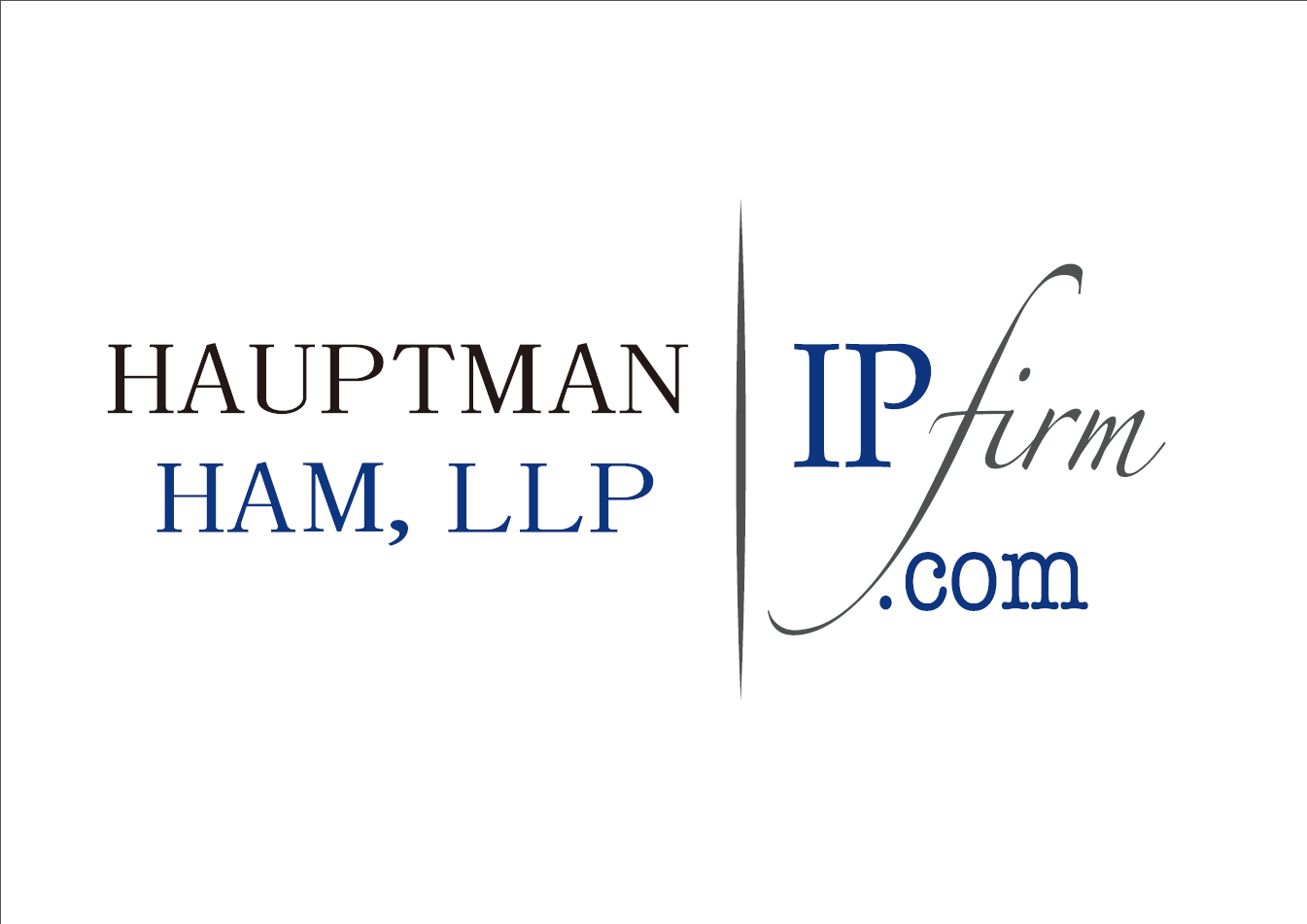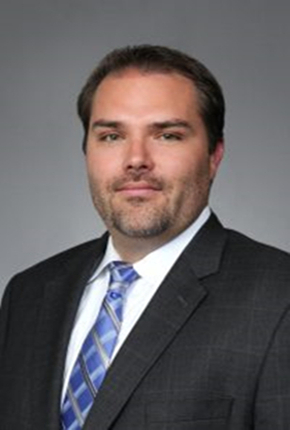A series of high-profile lawsuits filed in federal district court in New York will be filed against artificial intelligence research companiesChatGPTAnd other AI products put the future to the test, If they don't use a lot of copyrighted human work, Then these products would not have such powerful features.
however, Artificial intelligence chatbot——In the present case, OpenAIAnd its commercial partner Microsoft (Microsoft) Manufacturing a wide range of commercial products——Whether it violates copyright law or fair competition law? Professional writers and media organizations need to win in court, Will face an uphill struggle.
Once a member of the academic publishing magnate John.Wiley & Sons (John Wiley & Sons) Working for copyright lawyer Ashima.Agwal (Ashima Aggarwal) expression: "I'd like to be optimistic on behalf of the author, But I couldn't do it. I can only think they're going to have an uphill struggle here. "
One of the lawsuits comes from "New York Times" . Another lawsuit comes from a group of prominent novelists, John.Grisham (John Grisham) , Jody.Picoult (Jodi Picoult) And George.Martin (George R. R. Martin) . Another lawsuit comes from a best-selling nonfiction author, Including the author of a Pulitzer Prize-winning biography, Hit movie "Oppenheimer" It's based on that biography.
OpenAIFaced multiple lawsuits
Justin, the lawyer representing nonfiction writers.Nelson (Justin Nelson) expression, Each lawsuit makes different allegations, But they all point to SAN Francisco-basedOpenAIcorporation "They built their products on the intellectual property of others" . Nelson's law firm is also represented "New York Times" .
Nelson said: "OpenAIIt means, They can take anyone's intellectual property at will, As long as these intellectual property rights exist on the Internet. "
"New York Times" in12A lawsuit was filed in October, According to the mediaChatGPTAnd Microsoft's artificial intelligence productsCopilotAre competing with the same media they trained, And diverting Web traffic away from newspapers and other copyright holders, These copyright owners rely on the advertising revenue they receive from their websites to continue producing news. It also provides the chatbot to write word for word "New York Times" Article evidence. There are other times, Chatbots falsely attribute misinformation to the media, Thus its reputation is damaged.
So far, Senior U. S. District Court Judge Sidney.Stein (Sidney H. Stein) Is presiding over all three cases, as well as a fourth case brought recently by two other nonfiction writers. Stein self1995By then-President Bill Clinton.Clinton (Bill Clinton) He's been working at the Manhattan courthouse since his nomination.
Coping measures
OpenAIAnd Microsoft have yet to file a formal rebuttal to the New York case, butOpenAIMade a public statement, According to "New York Times" Action of "groundless" , And says the chatbot's ability to paraphrase certain articles word for word is one "Rare error" .
OpenAIIn a blog post: "Using publicly available Internet materials to train AI models is fair use, This is supported by long-standing and widely accepted precedents. " It goes on to indicate, "New York Times" "Or the model is instructed to paraphrase word for word, Or pick out the examples they want from many attempts" .
The company was quoted last year with the Associated Press, Media companies of GermanyAxel SpringerLicensing agreements with other organizations, Which shows how the company is working to support a healthy news ecosystem. OpenAIIs paying an as-yet-undisclosed fee for permission to the AP's news reporting archives. "New York Times" Similar negotiations took place before the decision to prosecute.
The company said earlier this year, Associated Press "High quality factual text files" Will improve the capabilities of its artificial intelligence systems. But its recent blog post downplayed the importance of news content for AI training, Think large language models are from "A vast collection of human knowledge" middle-learning, and "Any single data source——include "New York Times" ——None of the expected learning of the model makes sense. "
Who will win?
Much of the argument in the field of artificial intelligence is based on US copyright law "Fair use" principle, The principle allows for limited use of copyrighted material, For example for teaching, Research or convert copyrighted works into different content.
representative "New York Times" s legal team responded, OpenAIAnd what Microsoft did "It's not fair use in any way" , Because they are taking advantage of the media's investment in journalism, "Creating alternative products without permission or payment" .
So far, Courts interpreting how copyright law should treat AI systems, Will basically side with the tech companies. 2023years, A federal District Court judge in San Francisco has dismissed the first major lawsuit against an artificial intelligence image generator. Another California district court judge dismissed the case against comedian Sarah.Silverman (Sarah Silverman) In relation toFacebookParent companyMetaThe company violated the words of his memoir to build an artificial intelligence model of the argument.
Although recent lawsuits have provided more detailed evidence of the alleged injuries, But Mr Agwal said, When it comes to using copyrighted content to train AI systems, And will be among them "When a small portion of the content is available to the user, The court does not seem inclined to find this to be copyright infringement" .
Tech companies point to Google's success in fending off legal challenges to online libraries as a precedent. 2016years, The U. S. Supreme Court upheld the lower court's ruling, Dismissed the authors' claim that Google's digitizing of millions of books and showing snippets from them to the public constituted copyright infringement.
however, Companies of the NetherlandsWolters KluwerExecutive Casey.Wolf (Cathy Wolfe) consider, The judge interprets fair use arguments on a case-by-case basis, moreover "It's actually very fact-based" , It depends on the economic impact and other factors. Wolf is also a board member of the U. S. Copyright Clearing Center, The center assists in the negotiation of print and digital media licenses in the United States.
Wolff claims: "Just because something is on the Internet, It's free on the website, Doesn't mean you can copy it and email it, Let alone use it for commercial activities. Who will win the lawsuit, I don't know, But I certainly provide copyright protection for all of us. That's how you drive innovation. "
Voices outside the courtroom
Some media outlets and other content creators are looking beyond the courtroom, Call on lawmakers or the U. S. Copyright Office to strengthen copyright protection in the age of AI. A subcommittee of the Senate Judiciary Committee will soon hear from media executives and copyright advocates at a hearing devoted to the impact of artificial intelligence on the press.
Conde Nast (Conde Nast) Magazine's CEO Roger.Lynch (Roger Lynch) Plan to inform the senators, Generative artificial intelligence company "Stolen intellectual property is being used to build alternative tools" .
Lynch's prepared remarks read: "We think, Legislative fixes could be simple——Clarify that the use of copyrighted content in combination with commercially generated AI is not fair use, Require permission. " (Be compiled fromwww. usnews. com)
TRANSLATORS: Wang Dan proofread: Wu Xian
disclaimer: This network reprint or compile the original articles are from the network, Does not represent the views of this website or confirm the authenticity of its content. If the source is mislabeled or the copyright of the article is involved, Please contact us, This website will be corrected in due course, delete, thank you.
In addition to legislative reform, Internet users in India also need to be more aware of intellectual property protection. This can be achieved through government initiatives and public-private partnerships aimed at promoting digital literacy and IP education.
peroration
To sum up, Cybersquatting remains a problem in the digital world, It is also a major concern for domain name users and trademark owners. As India continues its digital transformation efforts, Solving the cybersquatting problem will promote innovation, Competition and the protection of intellectual property rights are crucial. Although the current legal framework provides certain remedies, But in this ever-evolving digital environment, This is far from enough. A tailored one, Comprehensive legislative framework, This is coupled with increasing awareness and education, Will become an absolute necessity to combat cybersquatting. (Be compiled fromwww. mondaq. com)
TRANSLATORS: Liu Peng proofread: Wang Dan
disclaimer: This network reprint or compile the original articles are from the network, Does not represent the views of this website or confirm the authenticity of its content. If the source is mislabeled or the copyright of the article is involved, Please contact us, This website will be corrected in due course, delete, thank you.

Safeguarding the rights of economic and trade hotspots










